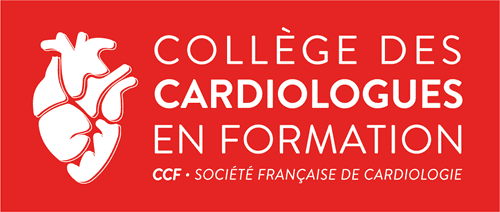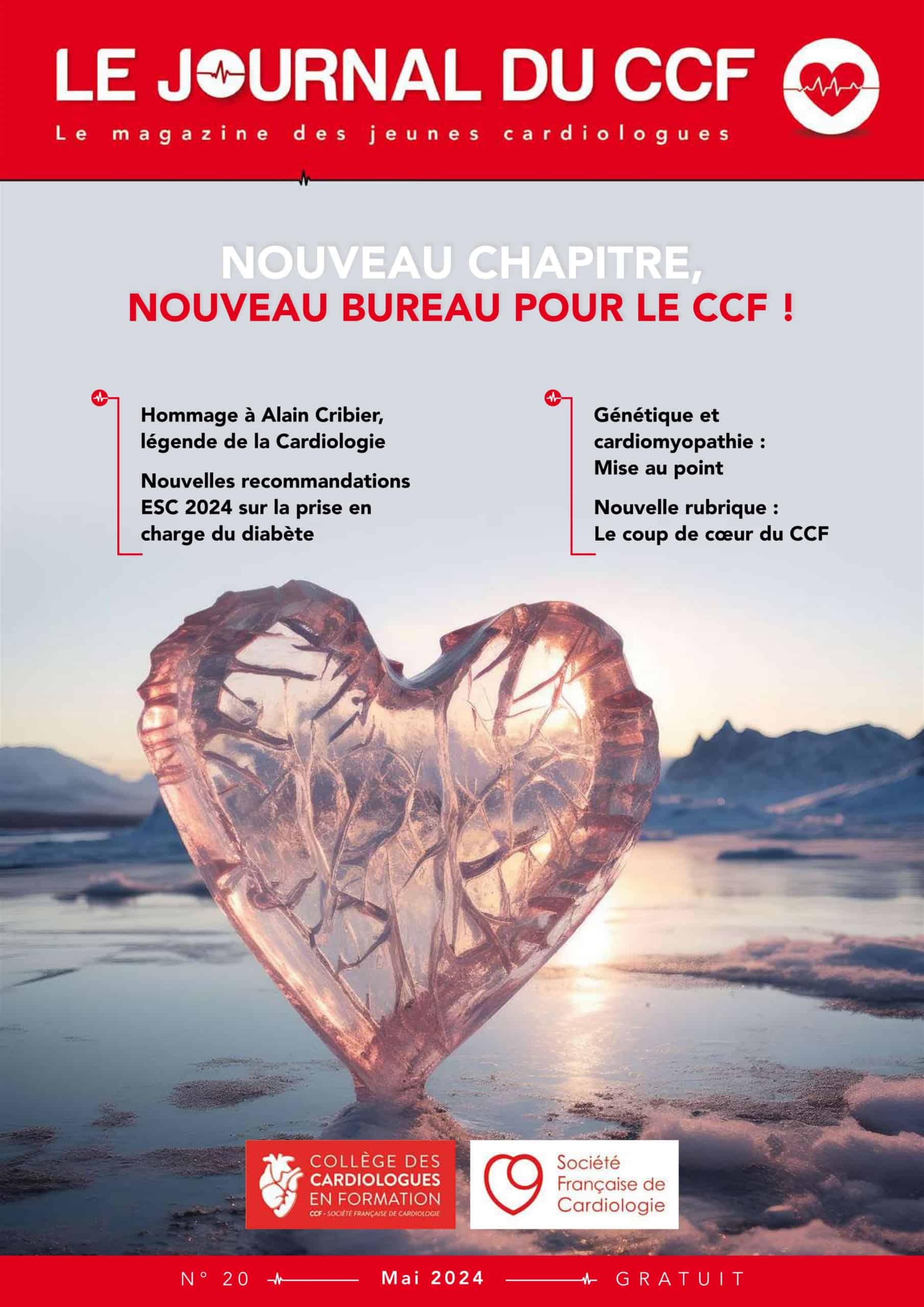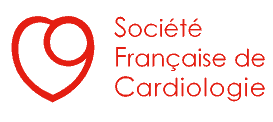Suivez nous sur les réseaux sociaux
Cet outil a vocation à informer, diffuser l’information auprès des jeunes cardiologues (internes, assistants, chefs de cliniques, jeunes praticiens, etc.), et faciliter les échanges.
Voici un aperçu rapide des sujets abordés dans cette publication :
Toutes nos publications
Une question ?
Publications
Carbon monoxide and prognosis in smokers hospitalised with acute cardiac events: A multicentre, prospective cohort study
Voici un aperçu rapide des sujets abordés dans cette publication :
Carbon monoxide and prognosis in smokers hospitalised with acute cardiac events: A multicentre, prospective cohort study
Jean-Guillaume Dillinger, Théo Pezel, Clément Delmas, Guillaume Schurtz, Antonin Trimaille, Nicolas Piliero, Claire Bouleti, Benoit Lattuca, Stéphane Andrieu, Julien Fabre, Reza Rossanaly Vasram, Jean-Claude Dib, Victor Aboyans, Charles Fauvel, Francois Roubille, Edouard Gerbaud, Albert Boccara, Etienne Puymirat, Solenn Toupin, Eric Vicaut, Patrick Henry, for the ADDICT-ICCU trial
eClinicalMedicine, Volume 67, 3 January 2024, 102401
PMID: 38261914
DOI: 10.1016/j.eclinm.2023.102401
Summary
Background
Smoking cigarettes produces carbon monoxide (CO), which can reduce the oxygen-carrying capacity of the blood. We aimed to determine whether elevated expiratory CO levels would be associated with a worse prognosis in smokers presenting with acute cardiac events.
Methods
From 7 to 22 April 2021, expiratory CO levels were measured in a prospective registry including all consecutive patients admitted for acute cardiac event in 39 centres throughout France. The primary outcome was 1-year all-cause death. Initial in-hospital major adverse cardiac events (MAE; death, resuscitated cardiac arrest and cardiogenic shock) were also analysed. The study was registered at ClinicalTrials.gov (NCT05063097).
Findings
Among 1379 patients (63 ± 15 years, 70% men), 368 (27%) were active smokers. Expiratory CO levels were significantly raised in active smokers compared to non-smokers. A CO level >11 parts per million (ppm) found in 94 (25.5%) smokers was associated with a significant increase in death (14.9% for CO > 11 ppm vs. 2.9% for CO ≤ 11 ppm; p < 0.001). Similar results were found after adjustment for comorbidities (hazard ratio [HR] [95% confidence interval (CI)]): 5.92 [2.43–14.38]) or parameters of in-hospital severity (HR 6.09, 95% CI [2.51–14.80]) and propensity score matching (HR 7.46, 95% CI [1.70–32.8]). CO > 11 ppm was associated with a significant increase in MAE in smokers during initial hospitalisation after adjustment for comorbidities (odds ratio [OR] 15.75, 95% CI [5.56–44.60]) or parameters of in-hospital severity (OR 10.67, 95% CI [4.06–28.04]). In the overall population, CO > 11 ppm but not smoking was associated with an increased rate of all-cause death (HR 4.03, 95% CI [2.33–6.98] and 1.66 [0.96–2.85] respectively).
Interpretation
Elevated CO level is independently associated with a 6-fold increase in 1-year death and 10-fold in-hospital MAE in smokers hospitalized for acute cardiac events.
Funding
Grant from Fondation Coeur & Recherche.


